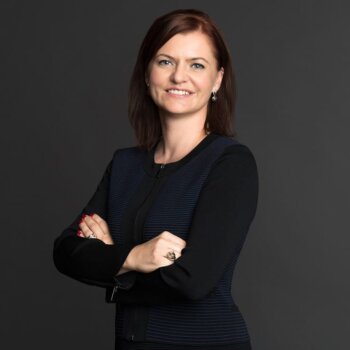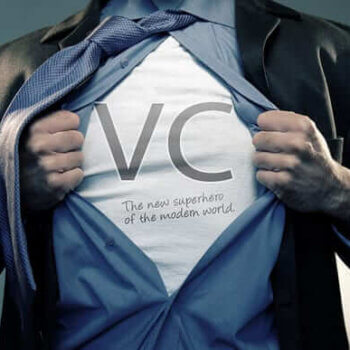Business and self-development often go hand-in-hand, but you can completely miss the mark. I was first introduced to the world of self-development when I was working as a full-time cold caller. My job was to sell expensive software — persuading companies to spend $7000 on something they didn’t know how to use, and really didn’t need. Our office mantras were ABC (always be closing), greed is good, and it’s just a numbers game — methods for emotionally propping ourselves up.
When pushing people to buy things they don’t need, you often get negative reactions (shocking, I know). This takes it’s toll on your mind and emotions, and the only way you can continue is repeating mantras like we did. A vicious cycle — after each negative conversation, you’d start questioning what you were doing, and then try remind yourself it was just a numbers game and if I make another 10 calls, one of them is bound to be good. Back on the horse. I did this for 9 straight months.
During this time, and throughout my whole life, I have constantly been wrestling with the nagging question: Why? Like an annoying 6 year-old, every day, every moment — Why? Yeah but why? The way I answered that question during my time as a cold caller was “to be the best person I can be.” That was my “Why” I tried to reassure myself with sayings like “It’s not about how many times you get knocked down, its about how many times you get up.” I was getting knocked down on an hourly basis and just figured it must be a good thing.
I read and listened to all the self-development gurus: Robin Sharma, Tony Robbins, Stephen R. Covey, Dale Carnegie. Always wanting to make myself the best I could be. I followed advice, changed my thought patterns, got up early, ate well, listened to inspirational music, avoided negative people, avoided negative news, exercised regularly, and on and on it went.
Even after doing all of this, that burning question of “Why?” was just not satisfied. I couldn’t silence the 6 year-old in me. I kept answering “To be the best I can be! That’s why, now stop asking!”
And it would reply “Yeah, but why?”
The argument the 6 year-old was making was: “What’s the point of being the best you can be if all you’re doing is harassing people to buy something they do not need?” I had no good answer.
I can look back now and notice that I was blinded by my own ego. I wanted to be the best I could be for me, for my own self benefit, for my own ego. But focusing solely on yourself only leaves you feeling hollow — really hollow. I believe this is a big problem in the world of self-development. The ‘self’ is put on centre-stage and worshipped. Everyone else becomes the enemy and competition.
I think the whole movement could use a major facelift; instead of self-development, how about we-development, other-development, or community-development? All are much better terms and actually lead to a better self, ironically. For it is when you put the needs of others first that you are your best self.
With this mindset shift, I stopped trying to be like the “Wolf of Wall Street.” Instead, I created a social enterprise providing bicycles for girls in underdeveloped countries, so that they could get to school. I realized that when you focus on the needs of others, you start nurturing your own compassion, empathy and understanding — qualities that are invaluable for every aspect of life.
So my question to you is: Why do you want to develop yourself? And I would challenge you to change Me to We. Never let your own growth come at the expense of others; rather, with the empowerment of others. Do you want your tombstone to read — “They developed themselves to the point of death” or, “Always looking to help others”?
I am not saying that everything in the self-development space is evil — far from it. I owe a huge amount to these books and my time as a cold caller and I wouldn’t change a thing. However, in a world that’s more self-focused, it is important to remember nothing exists in a vacuum. Do not forget how much you owe to the people around you, and before you. They started your story — you inherited it. With that in mind, what do you want the people around you to inherit? Will your self-development be a gift to others, or a curse? How will people remember you? What kind of legacy will you leave behind?




























